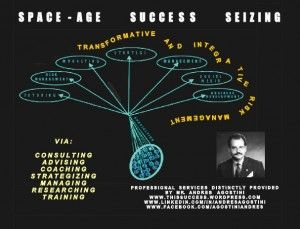Mar 8, 2014
100% Renewable Energy Is Feasible and Affordable, According to Stanford Proposal
Posted by Seb in category: energy
Written By: Cameron Scott — Singularity Hub

One of the greatest promises of the high-tech future, whether made explicitly or implicitly through shiny clean concept sketches, is that we will have efficient energy that doesn’t churn pollutants into the air and onto the streets.
But here in the present, politicians and even many clean energy advocates maintain that a world run on hydrogen and wind, water and solar power is not yet possible due to technical challenges like energy storage and cost.
Yet Stanford University researchers led by civil engineer Mark Jacobson have developed detailed plans for each state in the union that to move to 100 percent wind, water and solar power by 2050 using only technology that’s already available. The plan, presented recently at the AAAS conference in Chicago, also forms the basis for The Solutions Project nonprofit.
“The conclusion is that it’s technically and economically feasible,” Jacobson told Singularity Hub.















